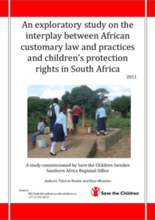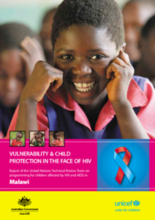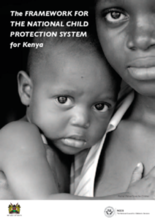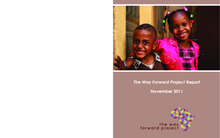Displaying 1391 - 1400 of 1796
Foster youth in the US do not appear to be receiving many forms of help that are called for in federal law. Over one-third did not receive help they would have liked to have received. System factors play a stronger role than individual indicators of need in help receipt. Independent living services should be more widely available and better targeted.
This paper explores the research evidence from England and France on the mental health of young people aging out of care and into adulthood.
Few local authorities had elaborated programmes or routines for care leaving. Many small municipalities had few young people in care, which made it difficult to organise elaborated programmes for care leaving. Manager’s expected a rapid and linear transition to adulthood. Little awareness of the yo-yo transition pattern common for other young people. Managers were worried that continued contact with social services would lead to young people being dependant on support. Only 6% of managers had any information of young people’s whereabouts, once they had left care.
The study explores the post-care experiences of young Jordanian care leavers. Material struggles were similar to peers internationally. The distinct difference for Arab care leavers was the cultural influence. Patriarchy, family life and collectivism impact the care leavers' experiences. A cultural dimension increases understanding of leaving-care.
This paper explores how the UNCRC reporting process, and guidelines from the Committee outlining how States should promote the rights of young people making the transition from care to adulthood, can be used as an instrument to track global patterns of change in policy and practice.
Cet article fournit un aperçu utile des initiatives du Burundi dans le domaine de la protection des enfants, y compris le travail pour élaborer des normes minimales pour les établissements de garde d'enfants et de soutenir les enfants vivant dans
Save the Children Sweden commissioned this follow-up study to explore to what extent in South Africa, African customary law and practice promotes and/or inhibits the protection of children; how the positive impacts can be harnessed for the greater protection of more children; how the negative impacts can be mitigated; and finally how and who should be at the helm of any necessary developments of African customary law.
This report reviews Malawi’s national response for children affected by HIV and AIDS. The report notes significant progress made in improving the lives of children affected by HIV and AIDS and offers key recommendations for further improvements to national policies and strategies.
This document contains the national framework for the child protection system in Kenya, developed with the intention of improving linkages between different sectors for more a more coordinated approach to protecting children.
The Congressional Coalition on Adoption Institute’s The Way Forward Project brought together a group of international experts to discuss opportunities and challenges facing governmental and non-governmental organization leaders in six African nations (Ethiopia, Ghana, Kenya, Malawi, Rwanda, and Uganda) as they work to develop systems of care that serve children in and through their families.




